Tiger Research Program
The focus of the tiger research initiated by HTF is on Bardiya National Park, Western Nepal.

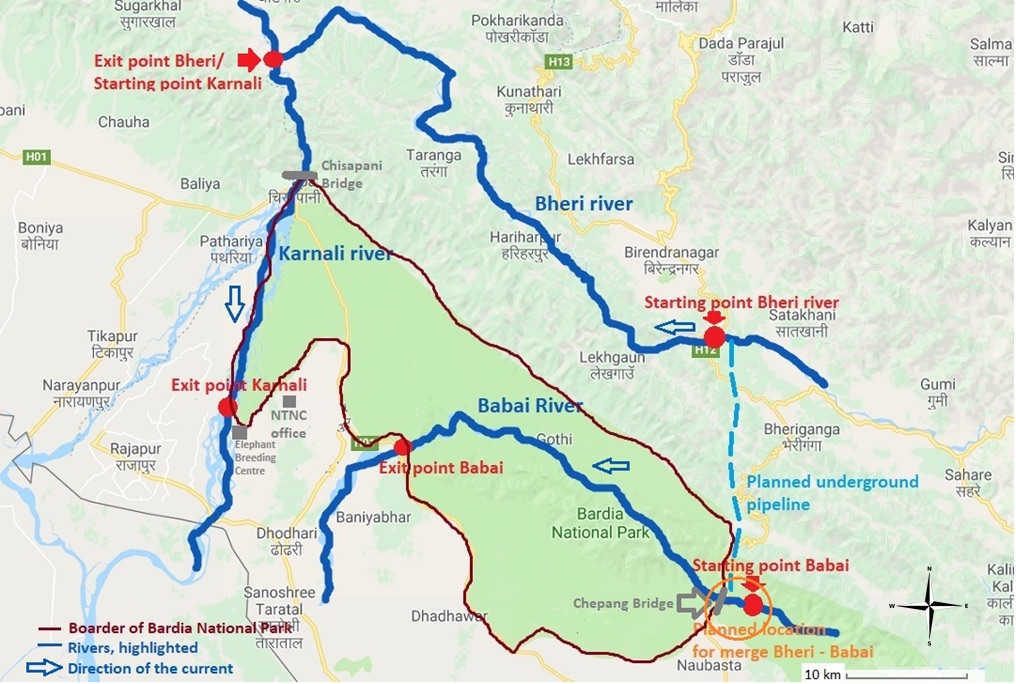
Over the past decades the ecosystem of Bardiya National Park has gradually deteriorated. The last villages were relocated outside the park in the eighties of last century. Although the former communal grazing areas are burned annually, they are shrinking due to forest encroachment.
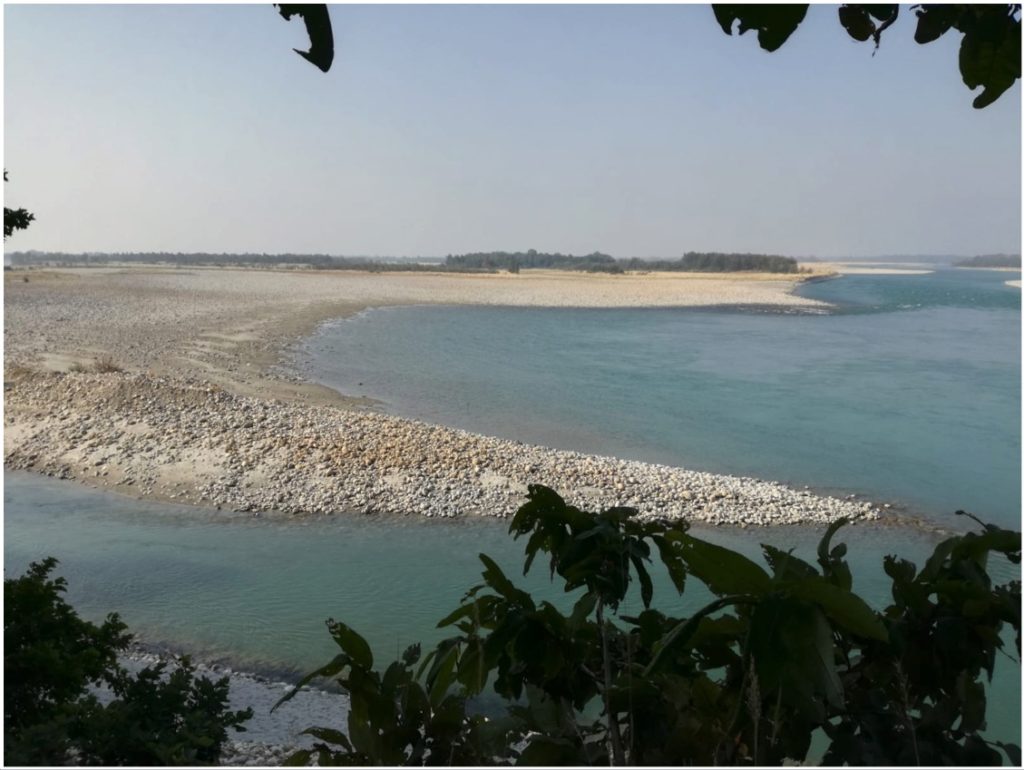
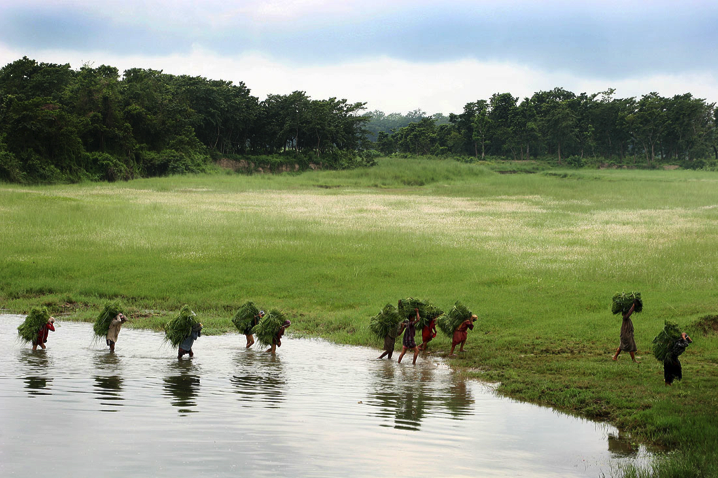
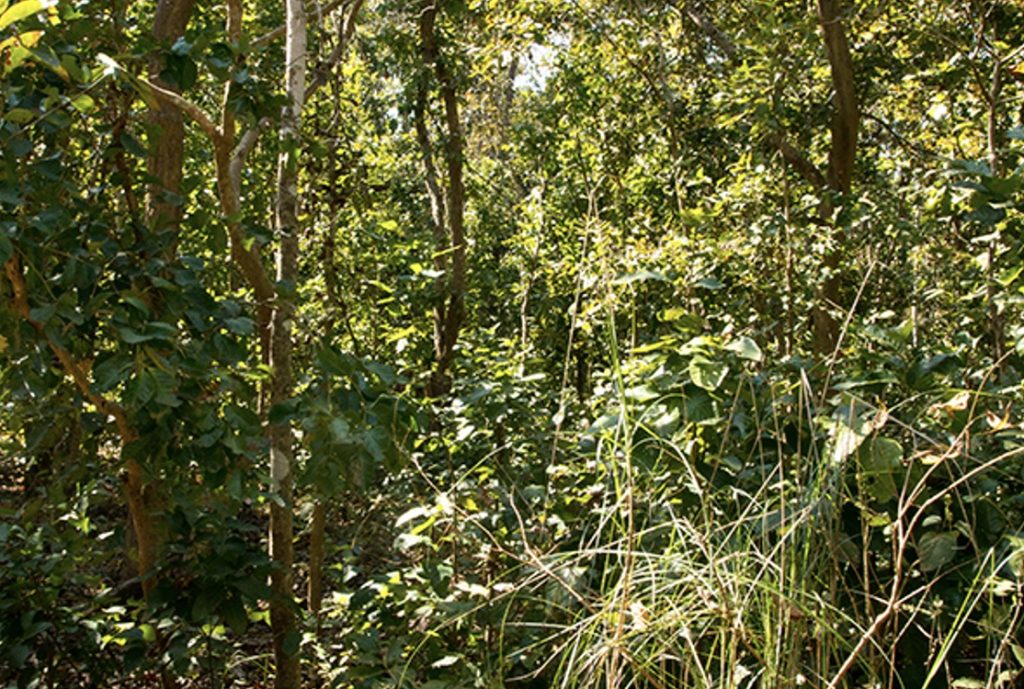
Indigenous animals such as gaur, blackbuck, nilgai and arna have become extinct or are only present in small numbers, like rhino and wild elephant. The deer community is diverse, as there are five different species (swamp deer, sambar, spotted deer, hog deer and barking deer). Only spotted deer (chital) is abundant and the most important prey animal for tiger.
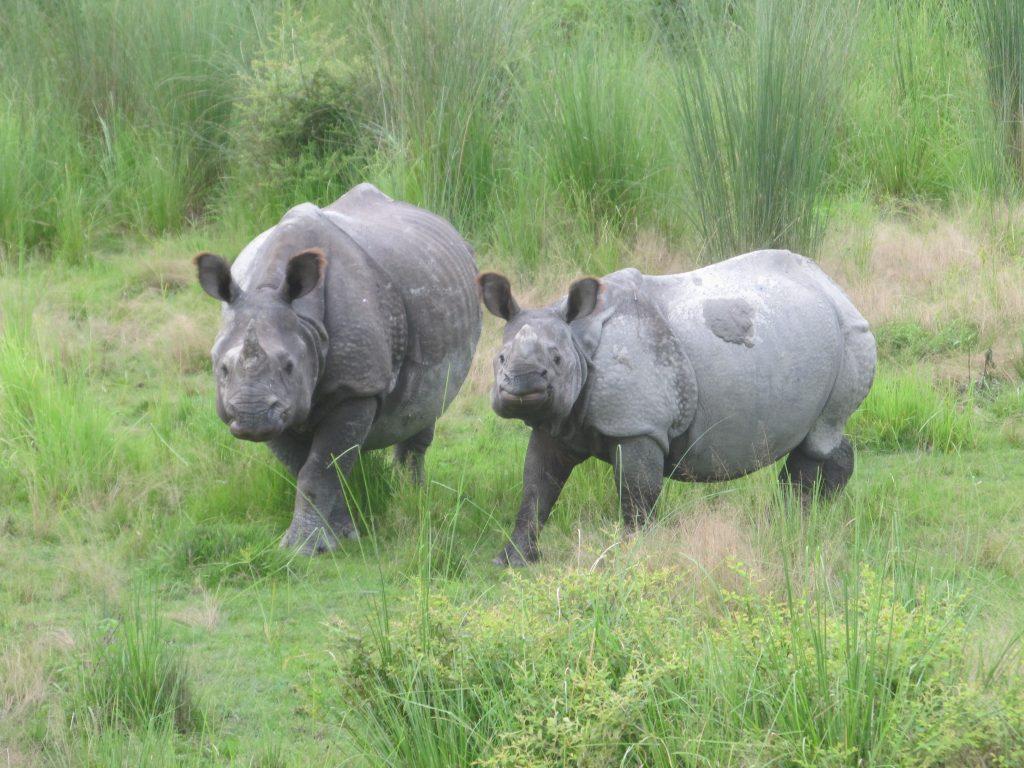
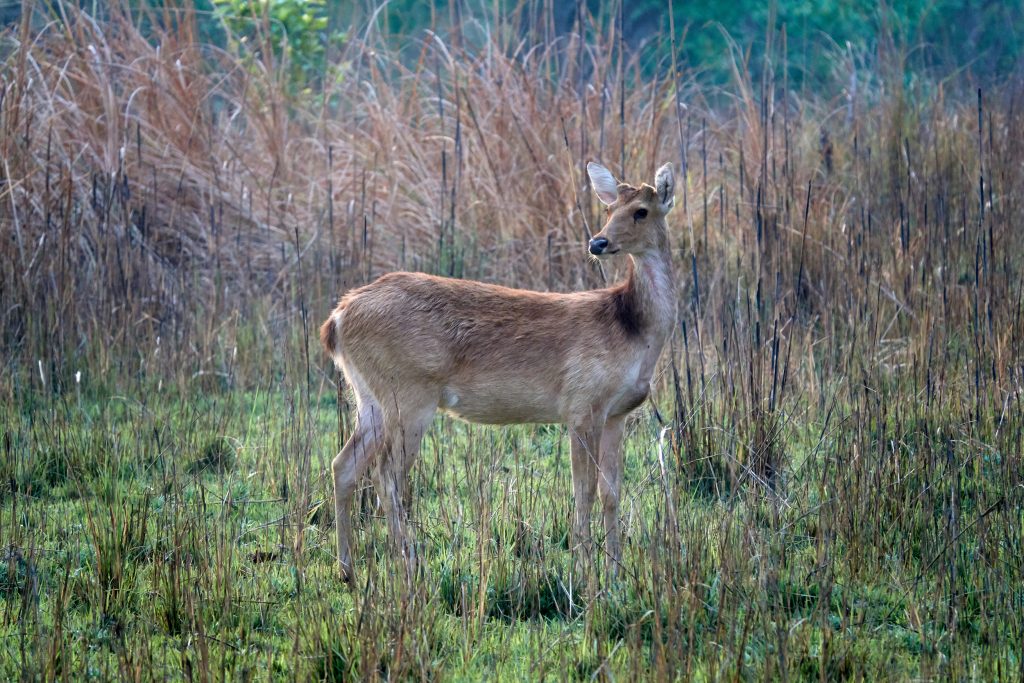
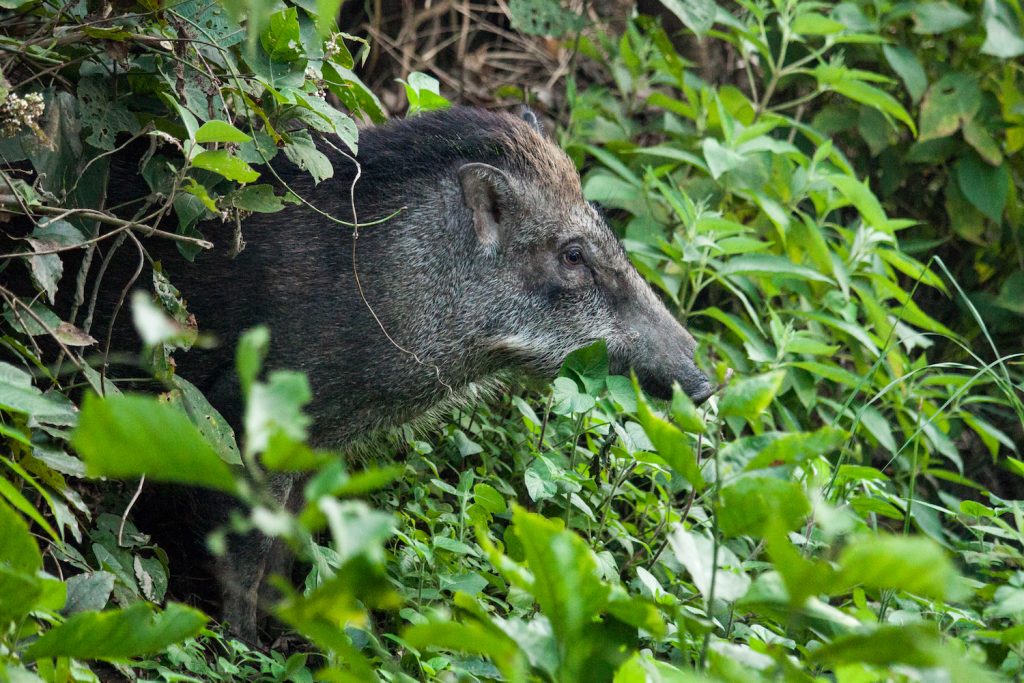
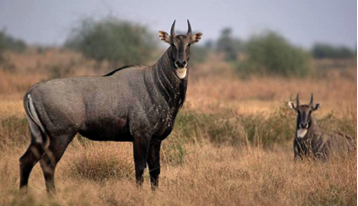
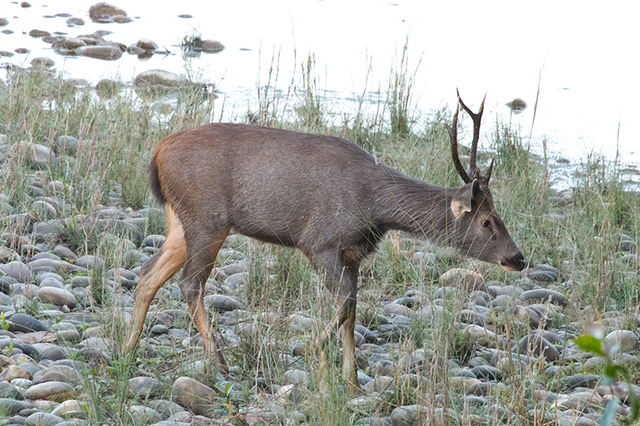
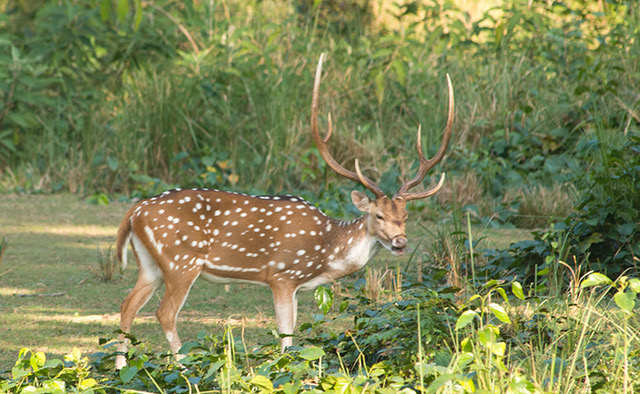
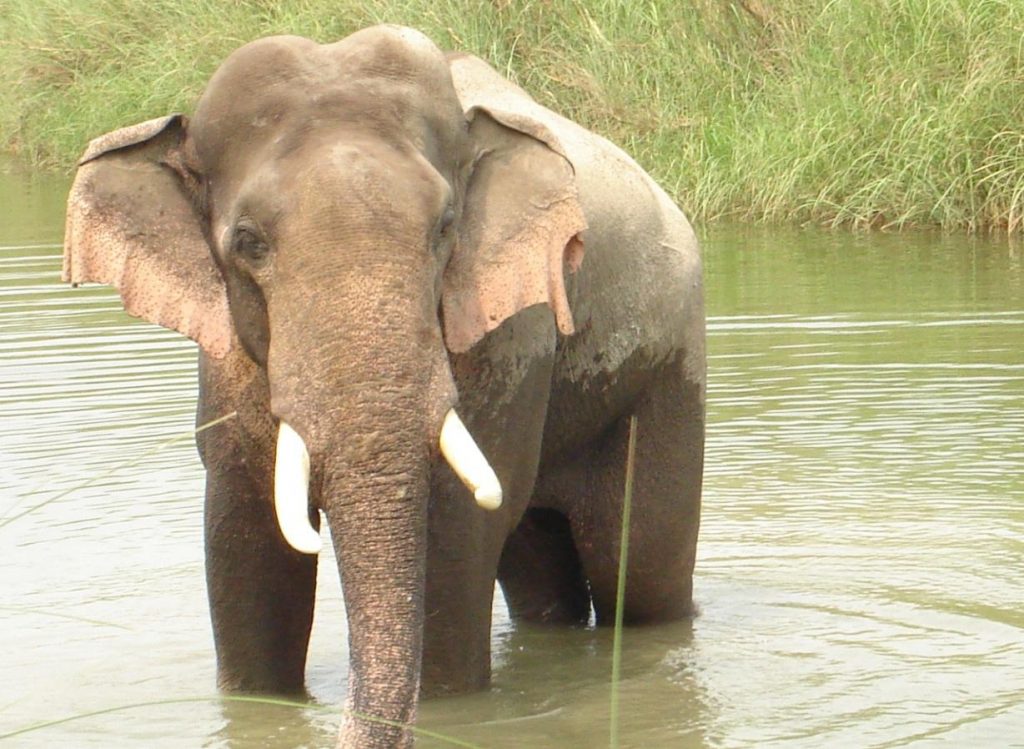

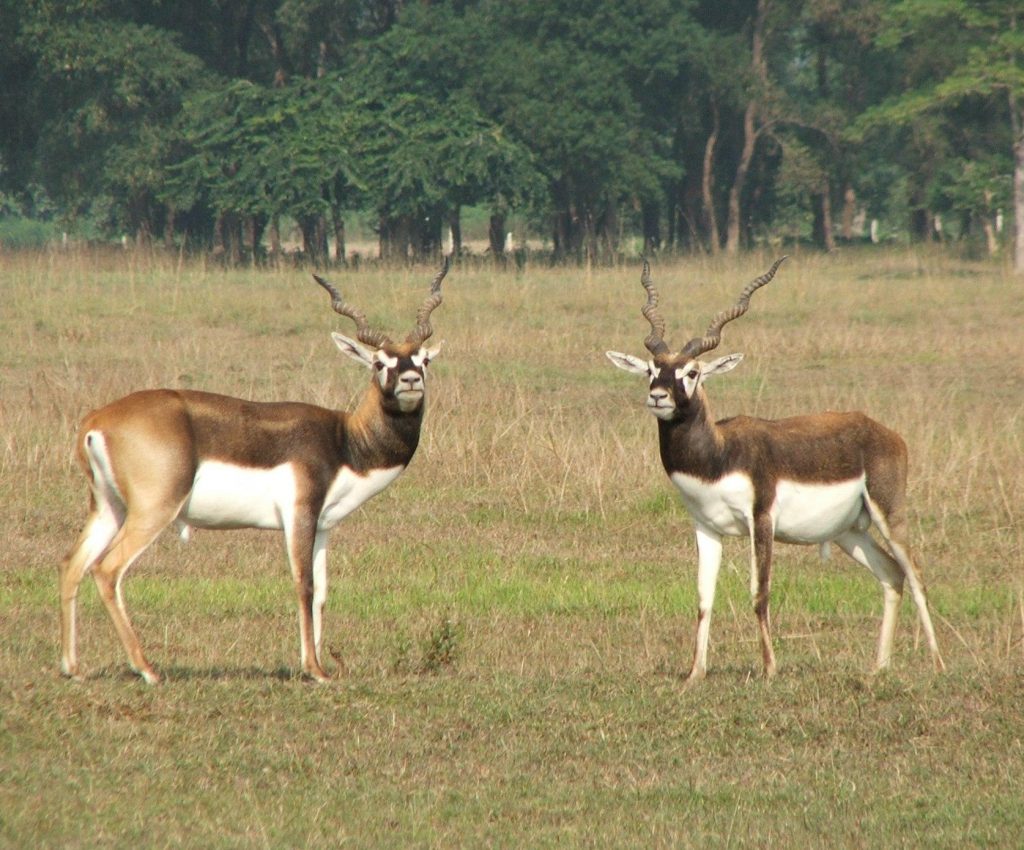
To read more about the research projects we have initiated in Bardiya National Park, click on:
Human-wildlife coexistence in Bardiya
Managing subtropical monsoon grasslands
Counting prey animals
Climate change
Re-wilding Bardiya National Park
Mountain Tiger (Snow Leopard)
“Save the Tiger! Save the Grasslands! Save the Water!”

